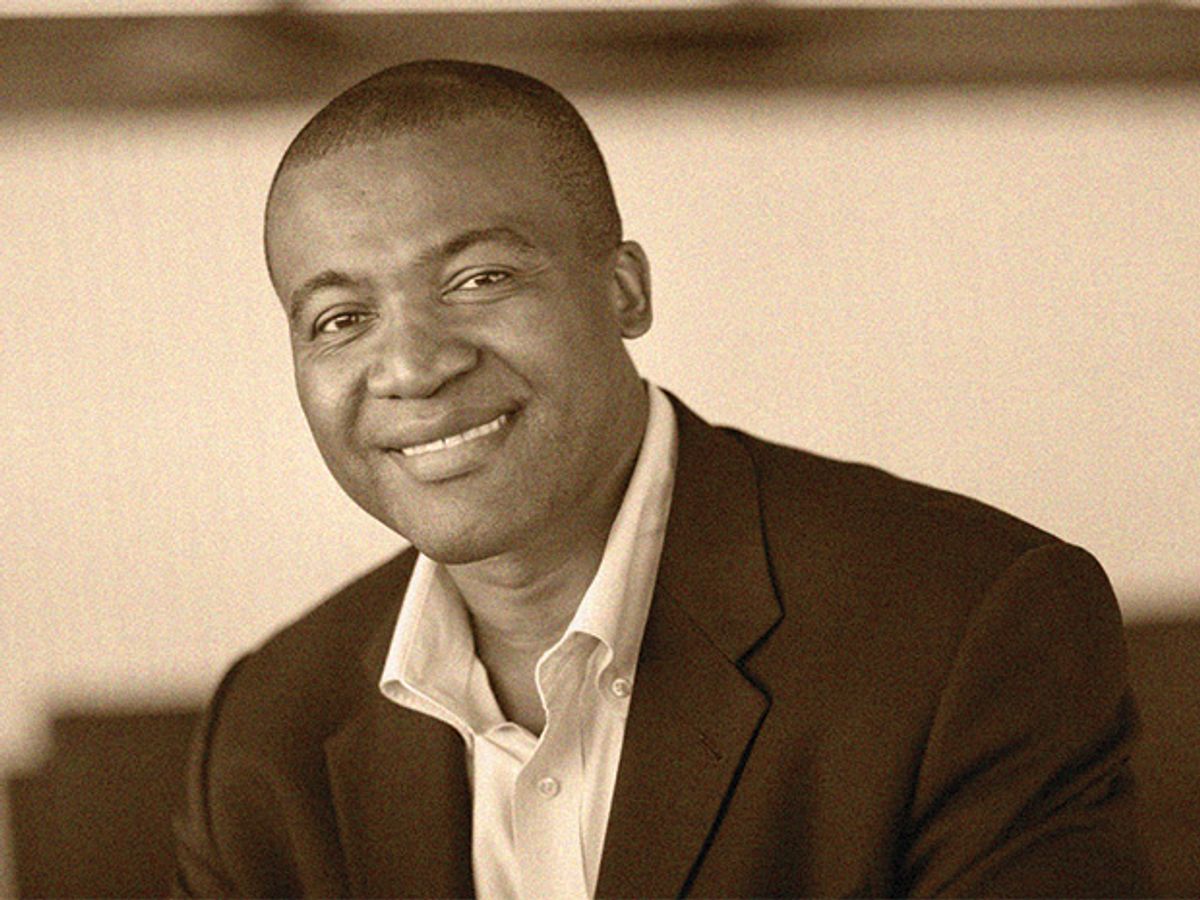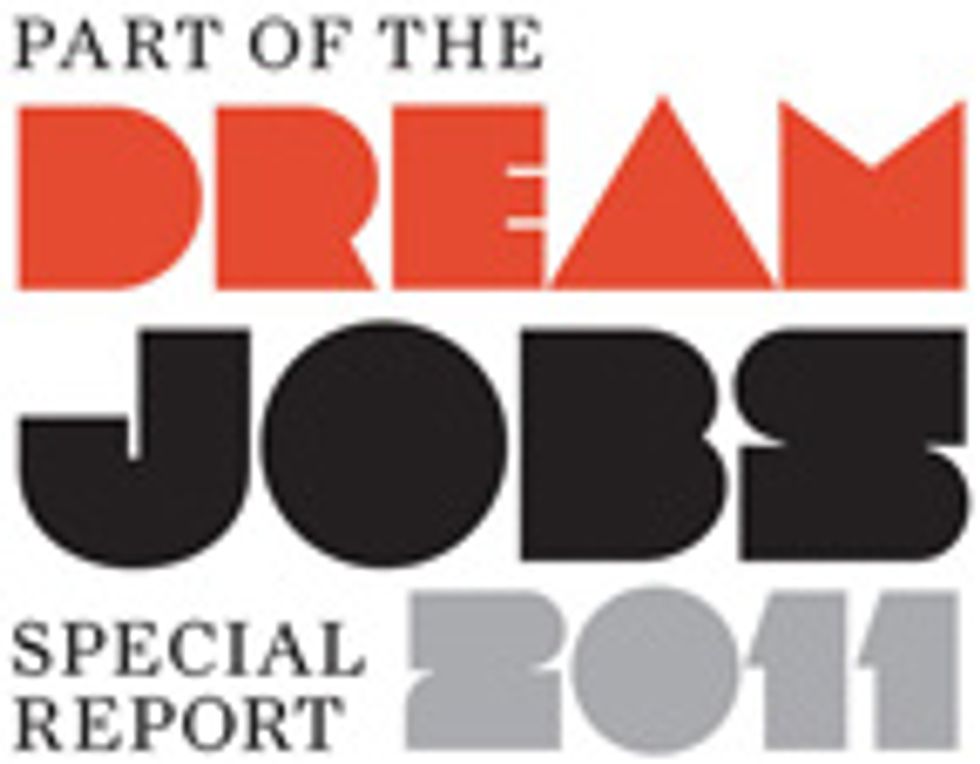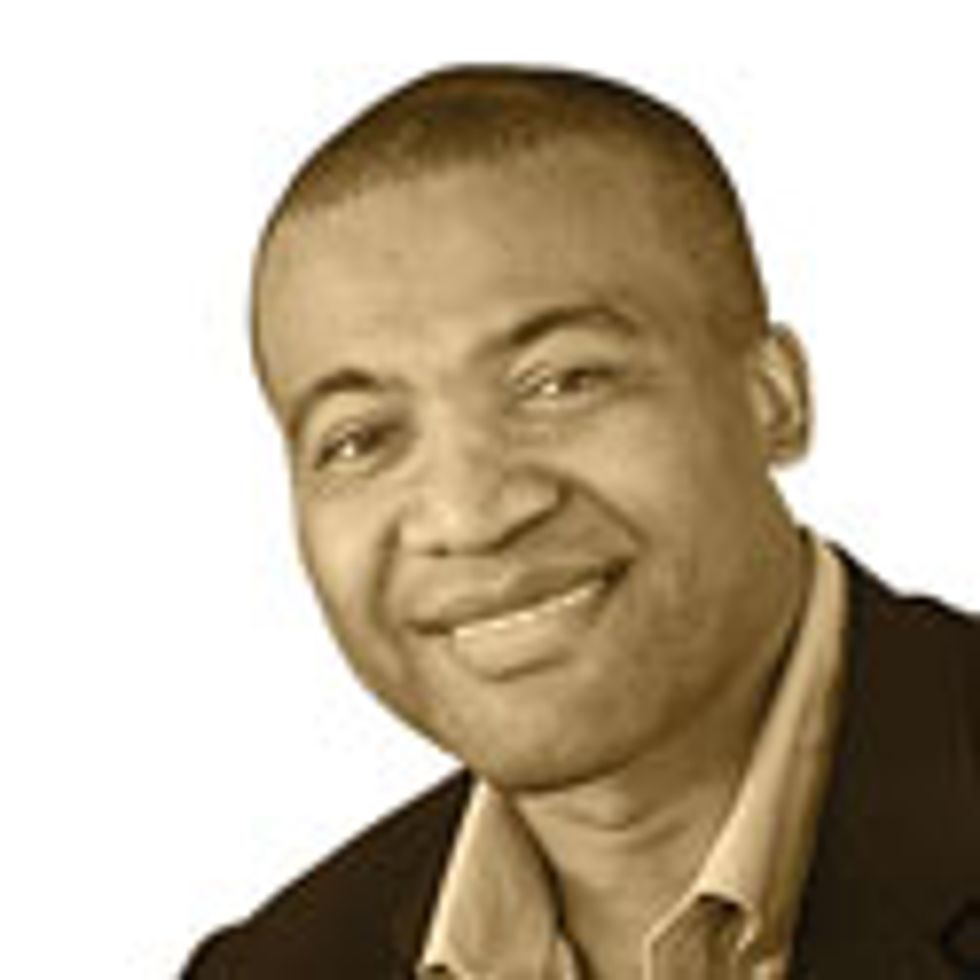Dream Jobs 2011: Help Wanted?
What technology recruiters are looking for

This article is part of IEEE Spectrum's Special Report on Dream Jobs 2011.
Today's recruiters want employees who can adapt. Google, for example, hires generalists instead of filling specific positions. Employees at gaming company Valve work at desks with wheels, so they can physically move from one project to the next. That's good news if you're a top-notch problem-solver who might not have years of experience. Here are practical tips from the recruiters themselves.
There are those who say, "I can play a number of positions." Those are very valuable individuals when you think about how fast technology changes. When we bring applicants in for an interview, we ask them to demonstrate their skills, whether it's going to a whiteboard and writing code or running test cases against sample challenges. It's not about the answer. It's a way to see if a person thinks in an efficient way and an elegant way.
Craig Campbell - Director of Staffing, Dolby Laboratories
Seventy percent of what we're looking for is in the job posting. The other 30 percent is the ability to be agile. We're not going to ask for 10 years of 4G or LTE experience—these technologies haven't been around for 10 years.
Rodney Moses - Vice President of Global Talent Acquisition, Research in Motion (RIM)
We always have a high demand for individuals whose skills and experience include robotics and mechatronics, autonomous navigation, machine vision, artificial intelligence, sensors and actuators, analog and digital design, and underwater design skills.
Russ Campanello - Senior Vice President of Human Resources, iRobot Corp.
We want people who are not only good for the project at hand; we want people who are going to help develop the next new technologies.
Elizabeth Calvert - Lead Engineering Recruiter, America-West, Google
Our first requirement is product focus…coming into work and asking, "What's the right thing for me to do for the product today?" Sometimes it means a programmer realizing that he shouldn't write any code that day. He should go and fetch coffee for a modeler, because that day everything we can do to make the modeler more efficient is best for the product.
Robin Walker - Software Developer, Valve Corp.
We look for candidates wherever we can. We look at mature industries like the car industry and the aerospace industry, but also universities, to find the next generation of engineers to change the way that we design our turbines.
Morten Enggaard Rasmussen - People and Culture Manager, Vestas Wind Systems
The natural evolution of staff is moving away from specific domains. You may start your career as an electrical engineer, but then you shift to a project where you're in charge of a payload. There you learn mechanical aspects, test aspects, software aspects. You become less and less of an electrical engineer and more in charge of developing a whole system—integrating a variety of technologies to make a product that works.
Paolo Donzelli - Head of the Human Resources Division, European Space Research and Technology Centre
We have many individuals who have worked at other companies—whether creating medical devices or semiconductors. One individual built a robotic arm to help those with no limbs.…We try to cast a wide net.
Arnnon Geshuri - Vice President of Human Resources, Tesla Motors
To Probe Further
For more articles and special features, go to Dream Jobs 2011.








